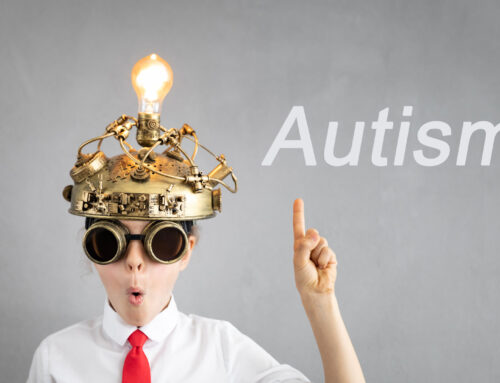DHA Brain Kid, a children’s supplement featuring docosahexaenoic acid (DHA), has garnered significant attention. Parents, eager to support their children’s development, wonder: can this product truly “boost brainpower” and “enhance learning”? While the promise of cognitive improvement is enticing, diving deeper into the science behind DHA and analyzing research on the supplement is crucial before forming an informed opinion.
DHA, the Essential Building Block:
DHA, an omega-3 fatty acid, forms a significant portion of the brain’s grey matter, crucial for cognitive function. Research suggests DHA plays a vital role in neural development, particularly during early childhood. Studies have linked adequate DHA intake to improved memory, learning, and attention in children. However, it’s important to note that these studies often focus on dietary DHA from natural sources like oily fish or fortified foods, not necessarily supplementation.
DHA Brain Kid: Ingredients and Research:
DHA Brain Kid primarily contains DHA derived from fish oil. It also includes other ingredients like choline and B vitamins, which contribute to neurotransmitter synthesis and nerve function. The product’s claims of cognitive enhancement, however, have ignited debate.
Mixed Evidence and Unanswered Questions:
Some small studies suggest potential benefits for children with specific learning difficulties or attention deficits. However, larger, more rigorous research is needed to substantiate these claims and assess the long-term effects of DHA supplementation on healthy children. Additionally, studies analyzing DHA Brain Kid specifically are largely lacking, making it difficult to draw definitive conclusions about its effectiveness compared to other DHA sources or alternative strategies.
Considerations for Parents:
While the potential of DHA for brain development holds promise, several factors warrant consideration. Firstly, ensuring a balanced diet rich in natural DHA sources like fish, eggs, and algae remains crucial. Additionally, individual needs and genetic predispositions play a role, and blanket recommendations are challenging. Consulting a healthcare professional familiar with your child’s individual circumstances is always advisable.
The Takeaway:
The science surrounding DHA and its connection to cognitive function is evolving. While preliminary evidence suggests potential benefits, particularly for children with specific needs, the research on DHA Brain Kid specifically is limited. A cautious approach that prioritizes a balanced diet, considers individual circumstances, and seeks professional guidance is recommended before resorting to supplementation. Ultimately, promoting optimal brain development involves a holistic approach that goes beyond isolated nutrients, encompassing factors like sleep, physical activity, and a stimulating environment.





Leave A Comment